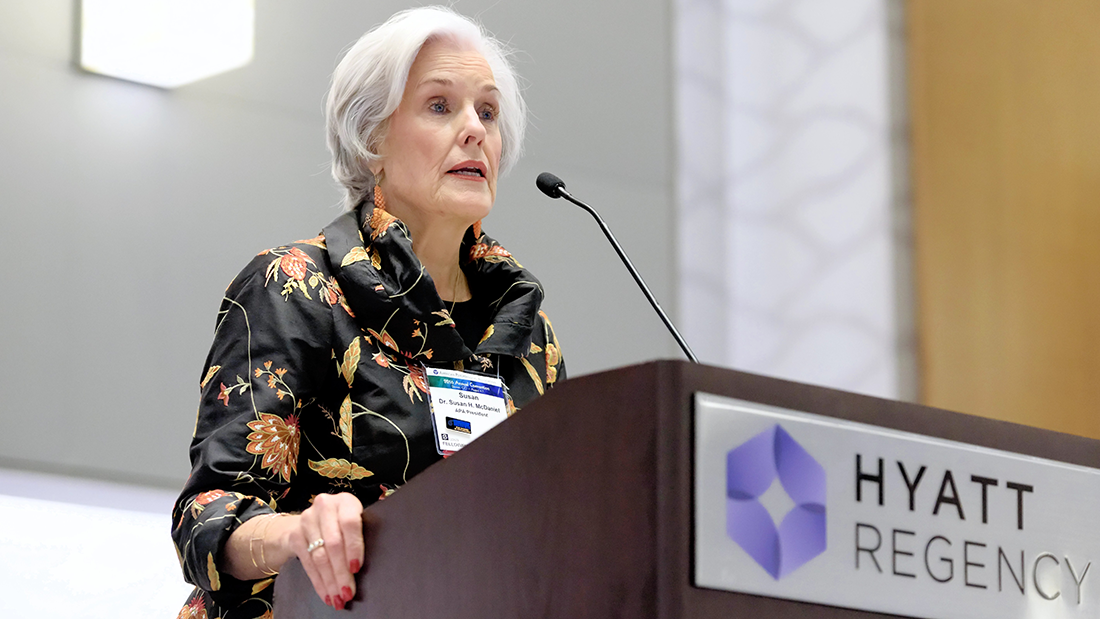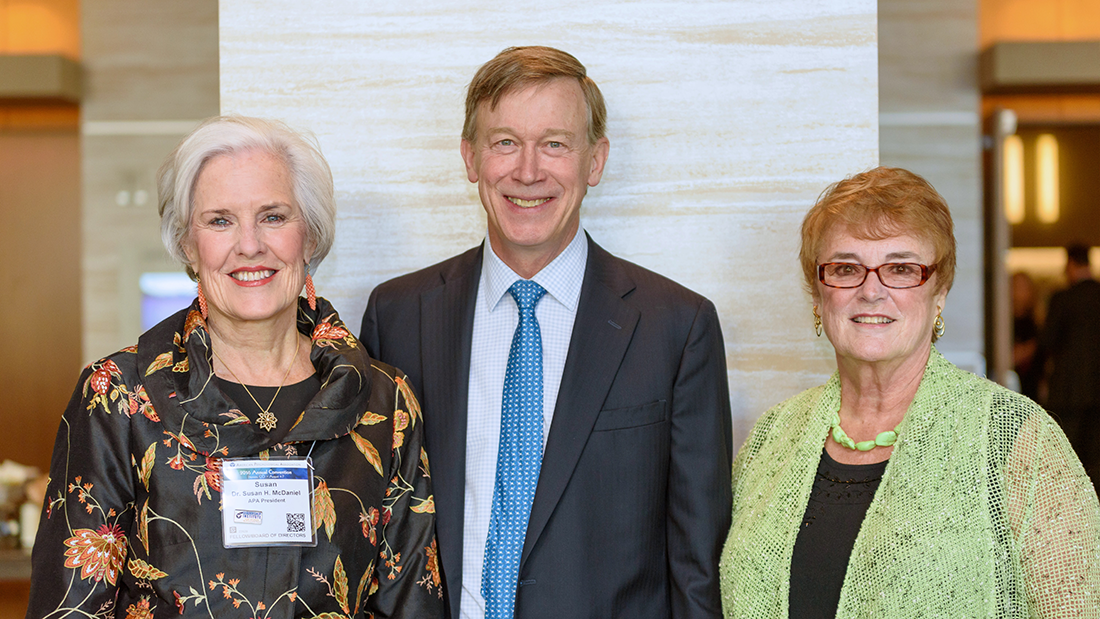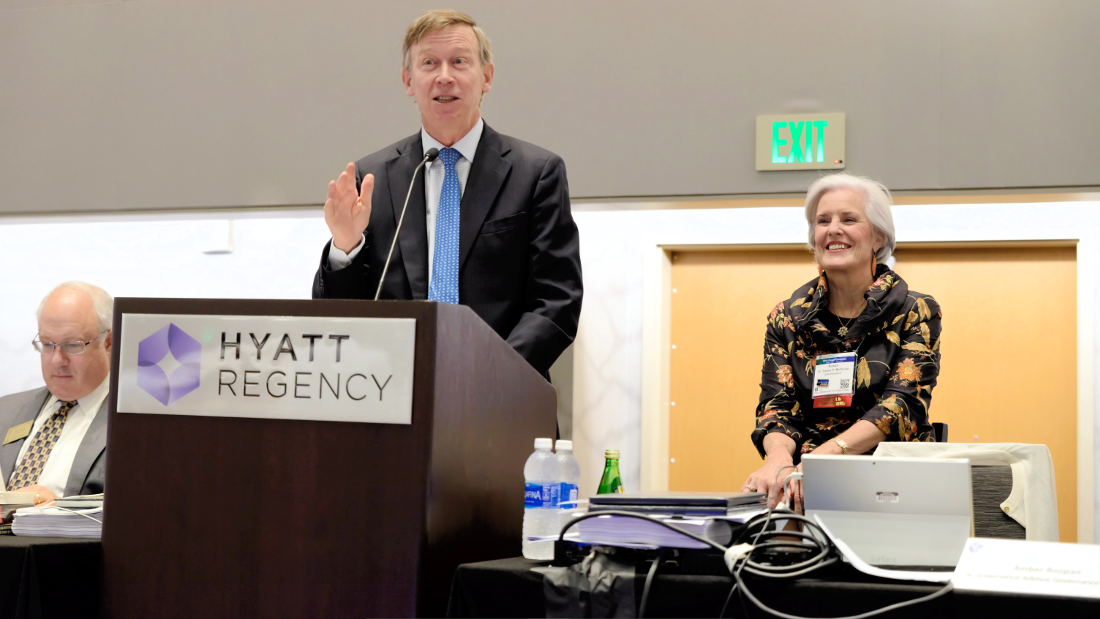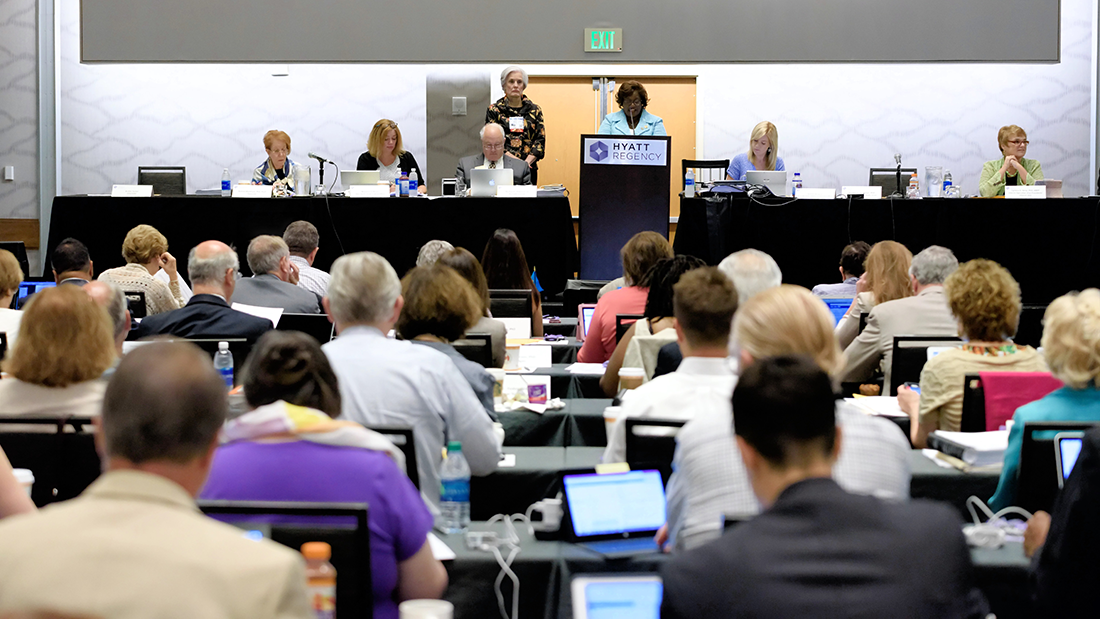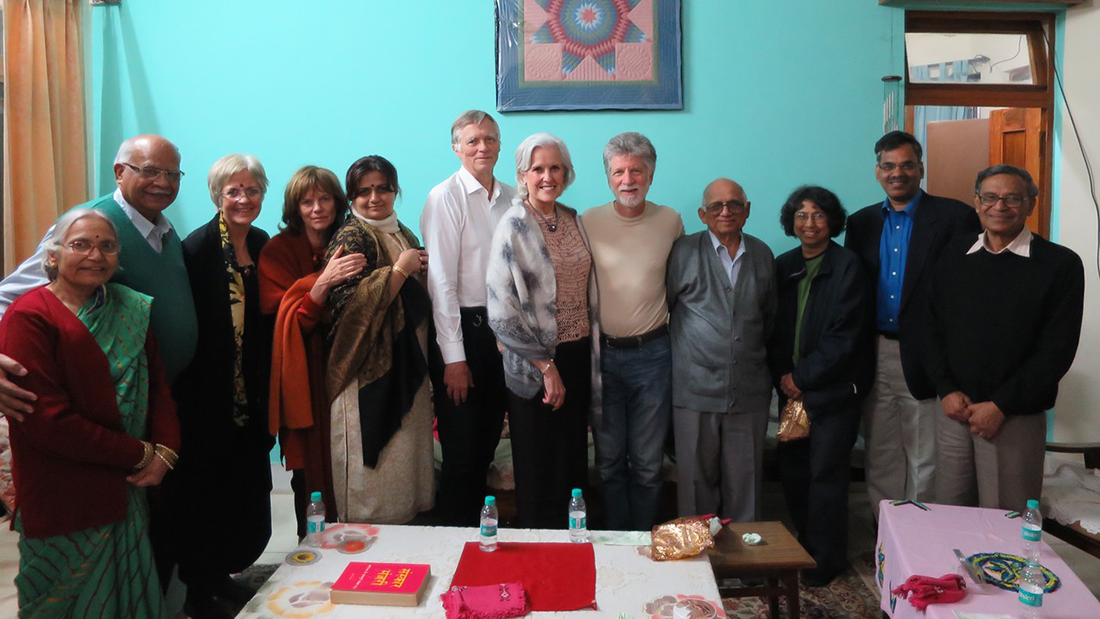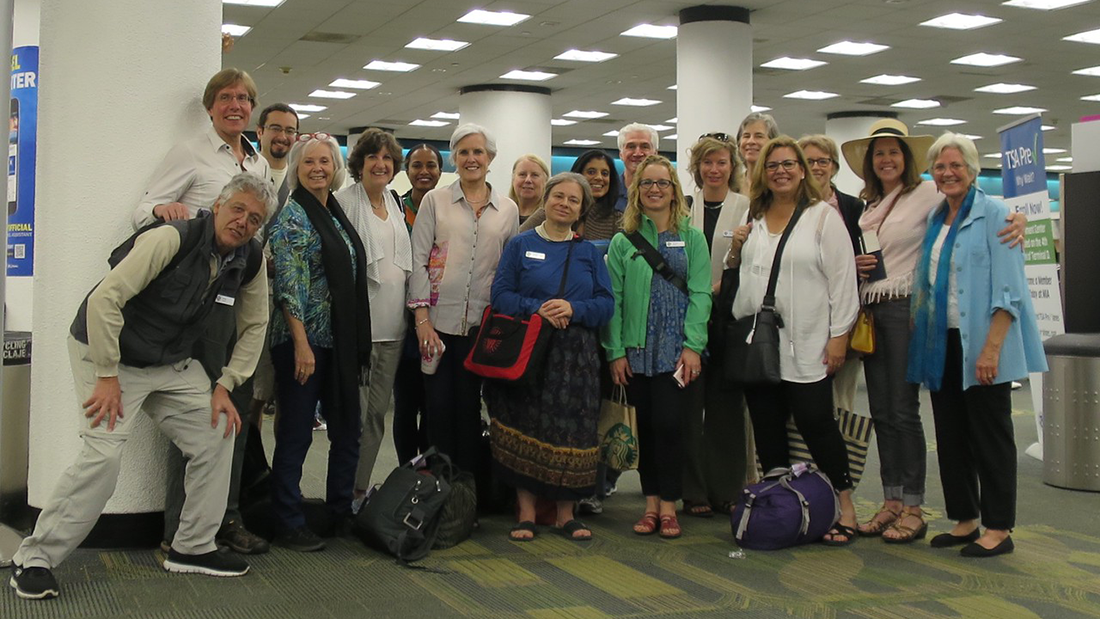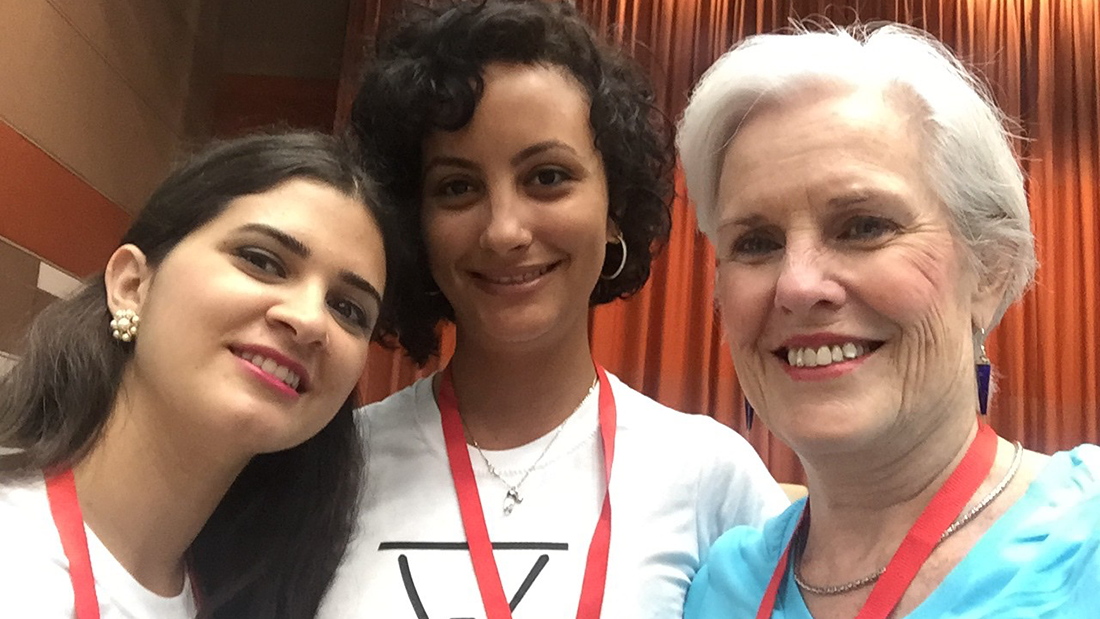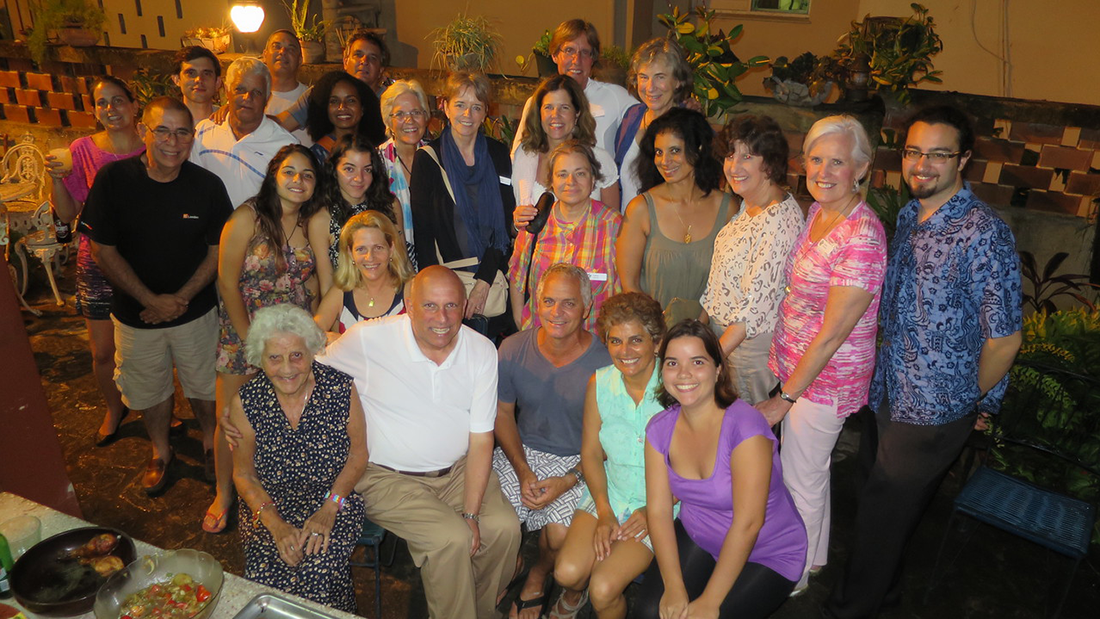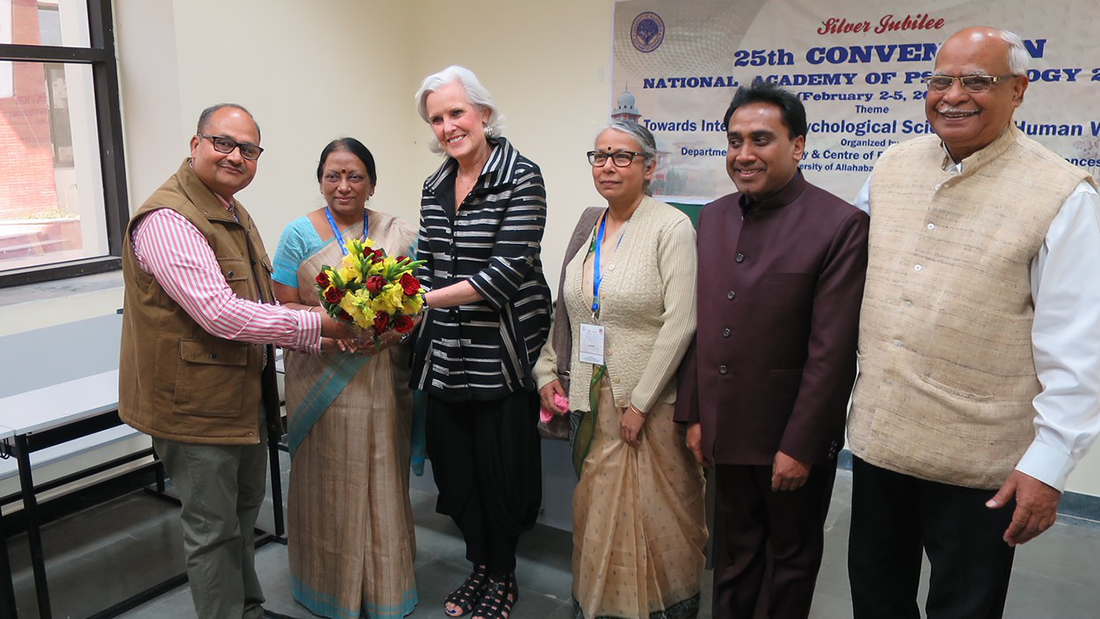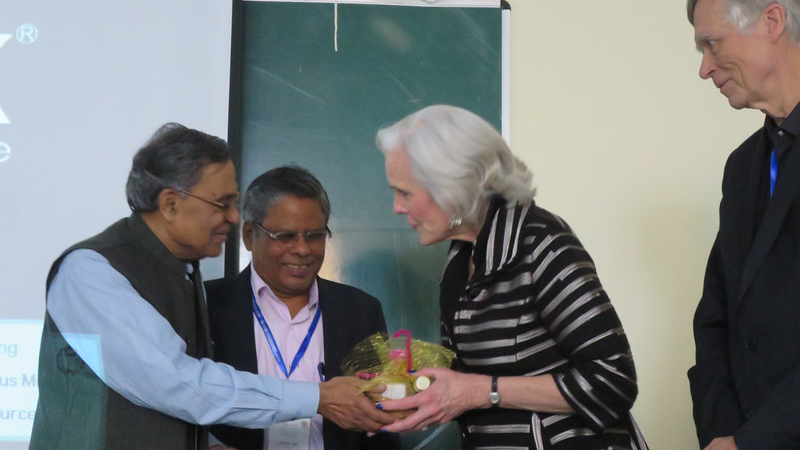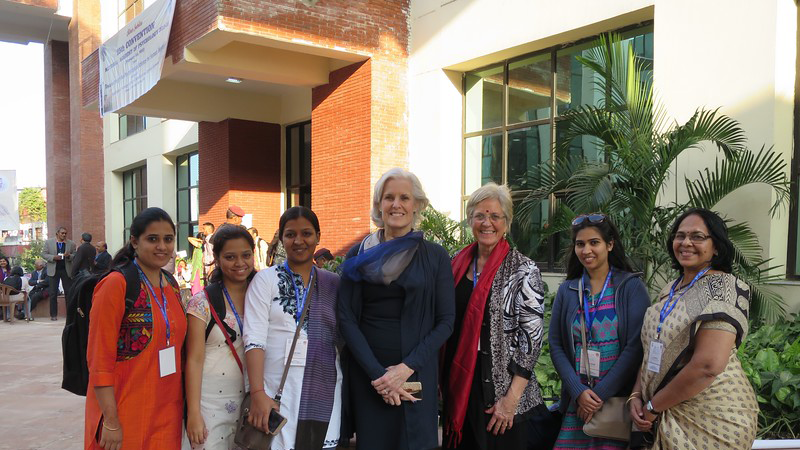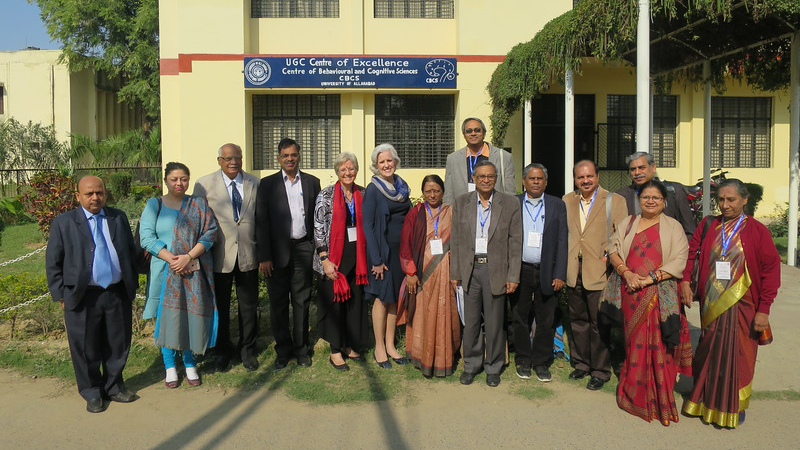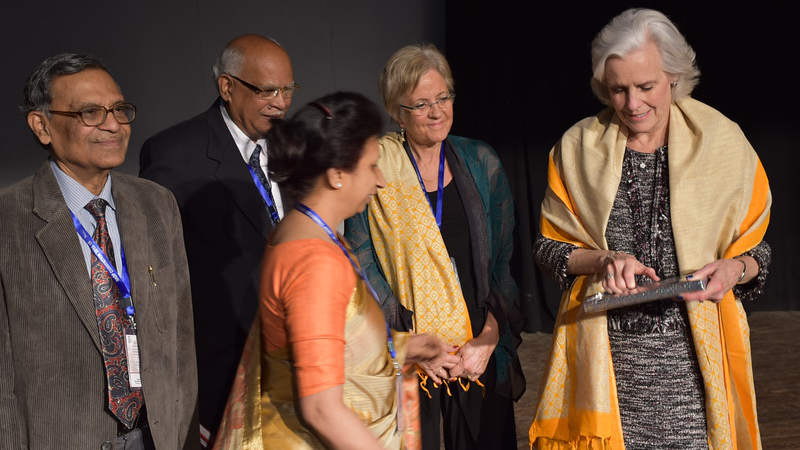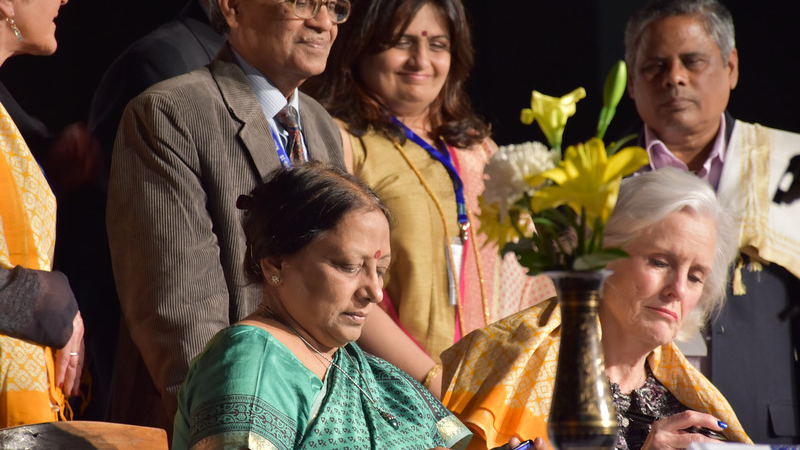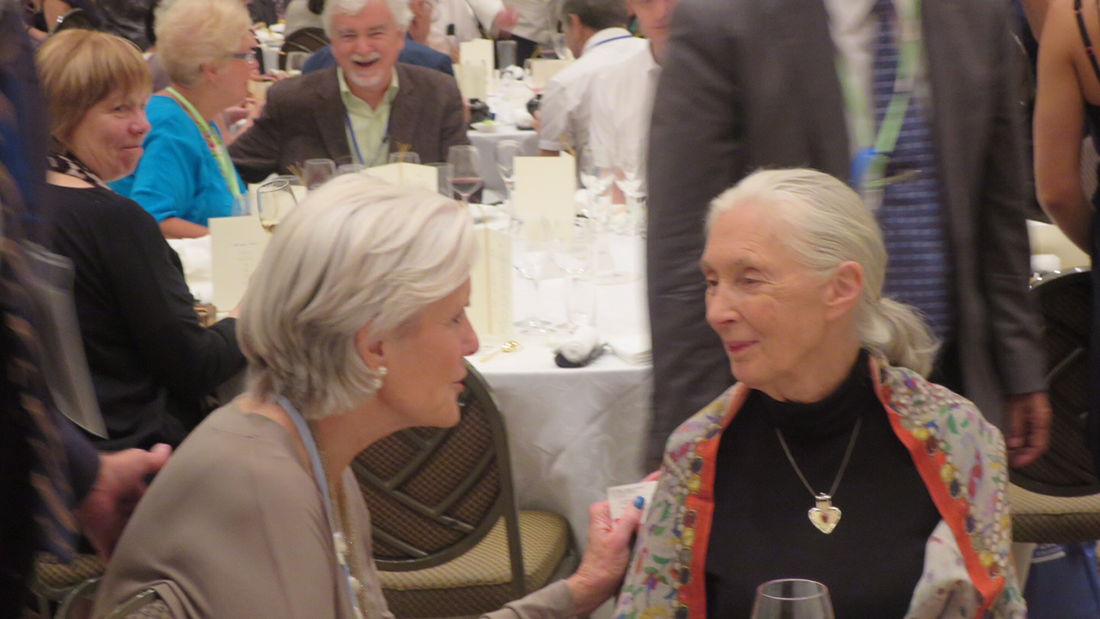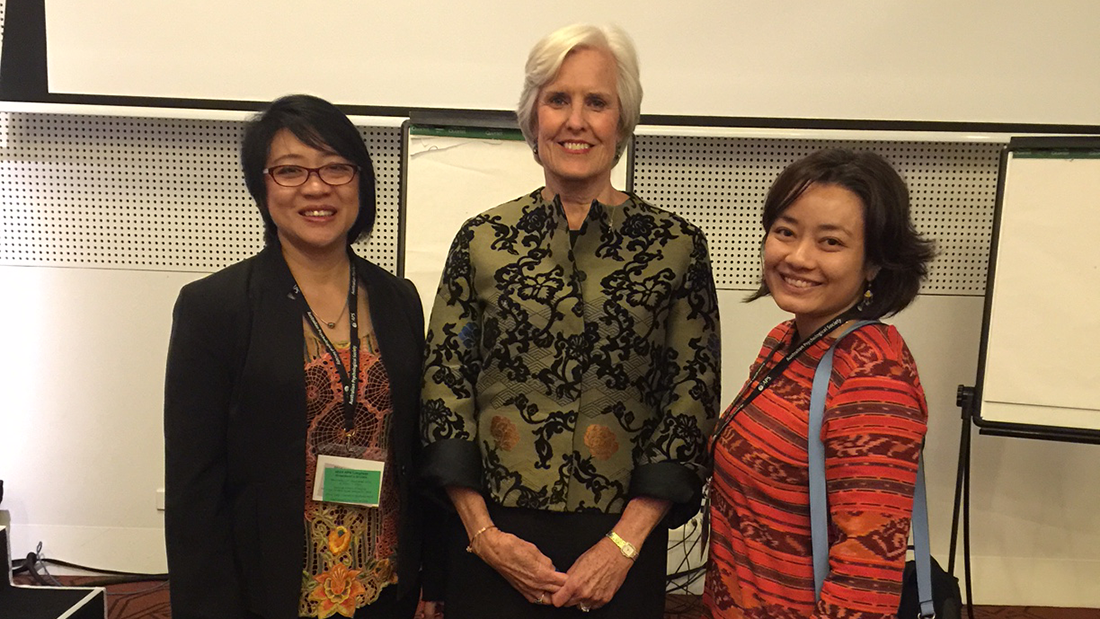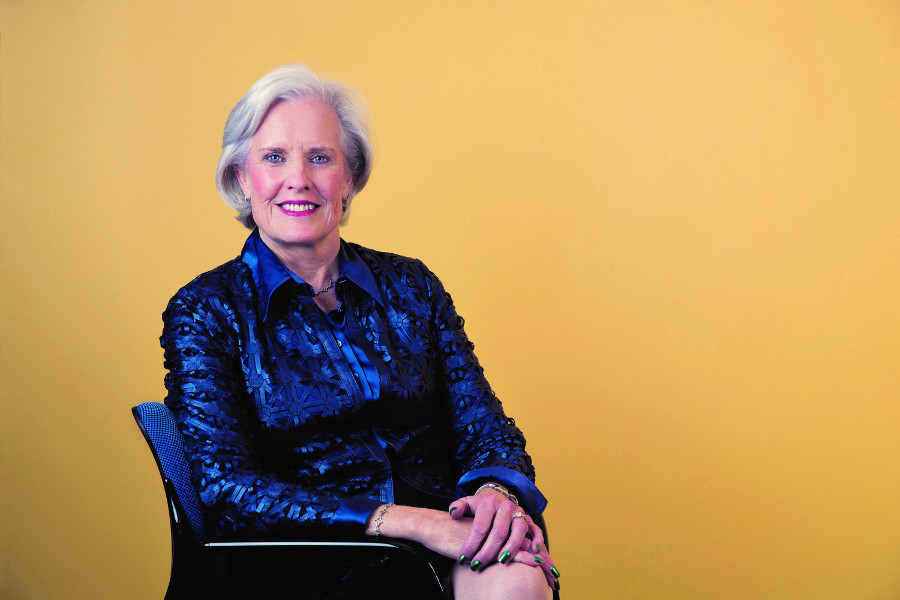
04 Oct President’s Report
When I ran for APA president, I wanted to contribute to improving our nation’s health by making psychology and psychologists an essential part of our new health care system. I never dreamed it would be the experience it was with the Independent Review (IR). While I hold leadership positions at an academic health center (division chief in one department and vice chair in another) and I’ve had the benefit of wonderful leadership training, my experience as APA president has stretched and challenged me in new and important ways. It has been stressful at significant times but also inspiring and critically important.
It has been an honor to serve during this period in APA’s history. Here are some of the highlights of my presidency.
— Susan H. McDaniel, PhD, ABPP University of Rochester Medical Center
Independent Review
What we’ve learned from the Independent Review (IR) permeates almost everything we do now as an association. We’ve learned the importance of speaking up when we disagree with or have concerns about how other people are behaving. We bear collective responsibility to fulfill APA’s mission and core values, in good times and bad. I have been impressed with how many on Council, the Board of Directors, the Executive Management Group, and staff have demonstrated that responsibility when the association needed it the most.
Multiple work groups were established in 2016 to address concerns raised in the IR: the Ethics Commission to evaluate and recommend changes to Ethics Office processes, the Conflict of Interest Work Group, Council’s Work Group on Civility, the Work Group on Organizational Policies and Procedures, the Task Force Selection Work Group to ensure diversity on work groups and task forces, and a Human Rights Task Force. As Jonathan Haidt, PhD, keynote speaker at the 2016 APA convention, said, our brains and environment conspire to have us to interact primarily with those who agree with us. We need to expose ourselves to diverse perspectives if we’re to make the best possible decisions as individuals and for APA in our complex world.
Health Care
I promoted four initiatives to advance psychology in health care:
- Integrated Primary Care (IPC) Alliance. APA hosted 83 leaders from 23 major primary care associations to advance the cause of integrated primary care. We developed 38 action steps, including marketing integrated care to consumers and developing training modules.
- Curriculum for interprofessional seminar on integrated primary care. Interprofessional training is common among other disciplines but rare in our field. I invited educators to develop a model curriculum for an interprofessional seminar on integrated primary care for early in graduate training, and we now have an excellent resource available.
- Work group on integrated specialty care. Psychologists have worked for decades in specialty health care, and new opportunities continue to arise. I appointed a group of psychologists who work in these settings to produce journal articles for various audiences on psychologists’ roles in integrated specialty care.
- Research on teams. Of great interest is the cultural shift from individual to team-based work in business, health care, the arts and the like. With team researcher Eduardo Salas, PhD, I am co-editing a special issue of American Psychologist in 2017 to describe cutting-edge research on teams in aeronautics, business, health care, research and other settings.
To celebrate the importance of interprofessional research teams, I worked with APA’s Board of Scientific Affairs to develop a new APA Prize for Interdisciplinary Team Research to honor a team that has produced significant scientific work. I congratulate Sara Czaja, PhD, and her team at the University of Miami Center for Research and Education on Aging and Technology Enhancement, who are our 2016 winners.
Psychologists in Integrated Health Care: Pediatric Primary Care
International Activities
One of the real pleasures of the year was representing APA at various international meetings. While I typically presented at these meetings, I surely learned more than I taught. These conferences were held in Cairo, Egypt; Allahabad, India; Nottingham, England; Havana, Cuba; Yokohama, Japan; Melbourne, Australia; Santander, Spain; and Port-au-Prince, Haiti. Highlights of my many presentations in the United States included one on integrated primary care to the leadership of Senate Democrats, and one on interprofessional training for pediatric integrated primary care at the National Academies of Science.
Diversity
Like the rest of our country, APA has struggled this year with issues of diversity. With diversity as part of our APA core values and a source of pride for many, strong concerns expressed to council by delegates from the ethnic minority psychological associations reminded us that this is an ongoing process of improvement. The Diversity Implementation Plan was reviewed by staff and governance leaders. It will be circulated for input from all sectors of APA to set priorities and determine the next steps in terms of strategies and resources for furthering diversity of people and perspectives within the association.
ECP Advisors
One of the most useful things I did this year was engage a group of seven highly diverse early career psychologists to mentor me and discuss the key challenges confronting APA and the Practice Organization. This group provided me with invaluable advice, perspectives, ideas and suggestions. I am grateful to these talented psychologists for leaving me with complete conviction that the long-term future of psychology and APA is bright.
Thank You
I first met Cynthia Belar, PhD, in 1972, when she was an intern and I a research assistant at Duke University Medical Center. Who would have thought that 44 years later, we’d be speaking to each other at least an hour a week on the phone and emailing each other multiple times a day on topics ranging from advancing health care policy to promoting diversity and APA’s core values and mission. I want to express my profound thanks to Cynthia — on behalf of all APA staff, governance leaders and our membership — for coming out of retirement to take on a very difficult job and doing it extremely effectively for what will be 15 months. The first female CEO, she was the CEO we needed.
Finally, I spent some hours at the new African American Museum in D.C. over the holidays. It was both disturbing and inspiring, much as this year has been. I’ll close with a quote on the walls of the museum from President Barak Obama:
Change will not come if we wait for some other person or . . . some other time. We are the ones we’ve been waiting for. We are the change that we seek.




